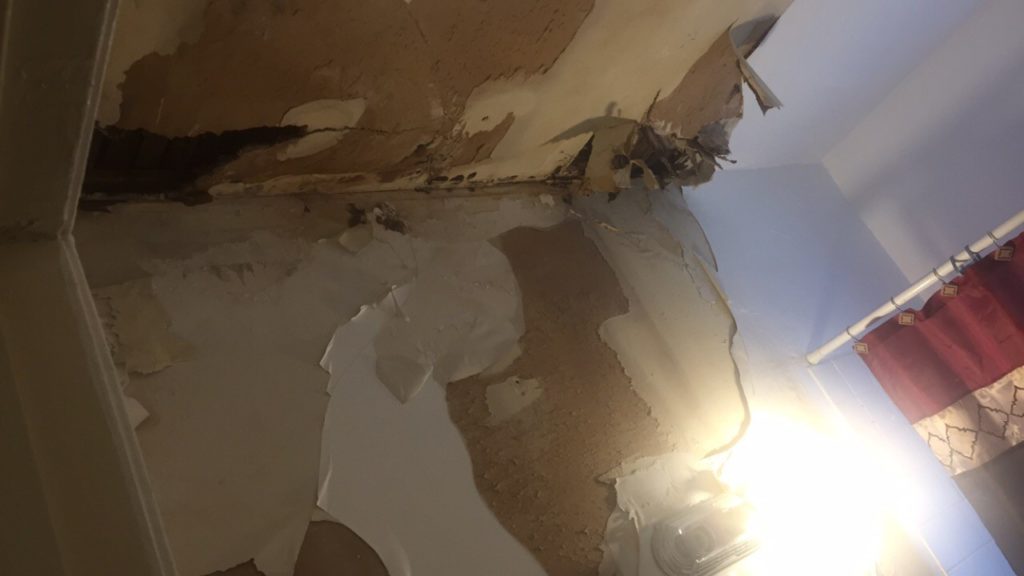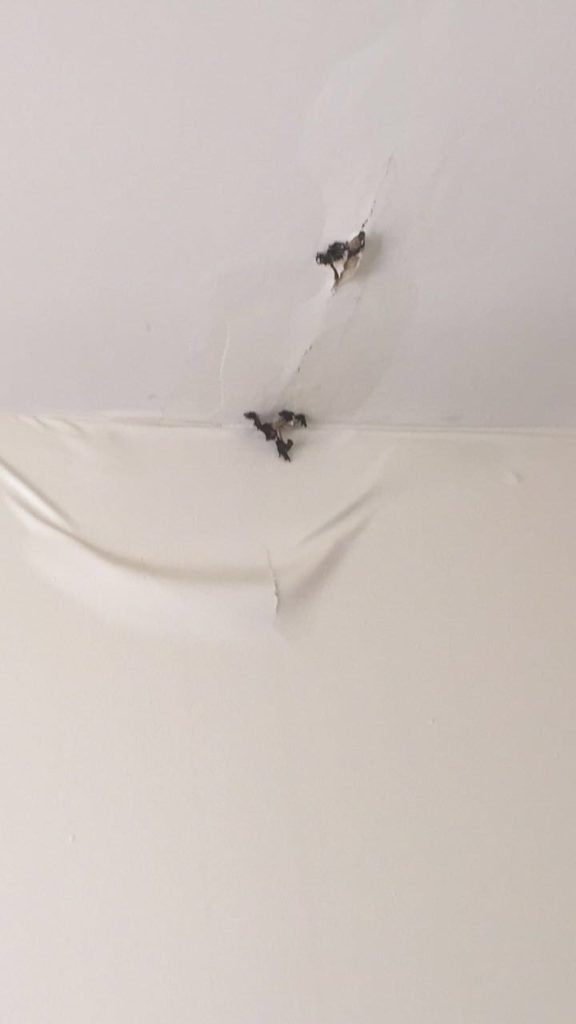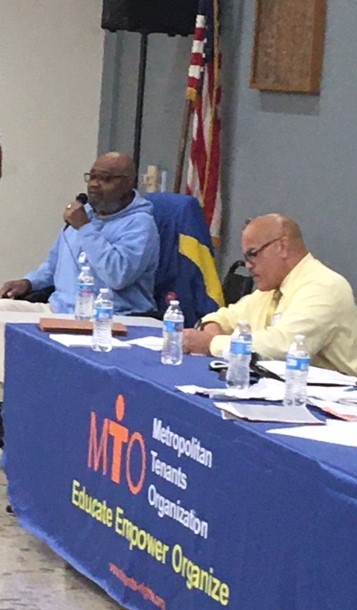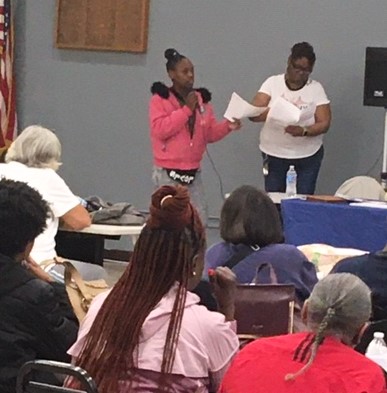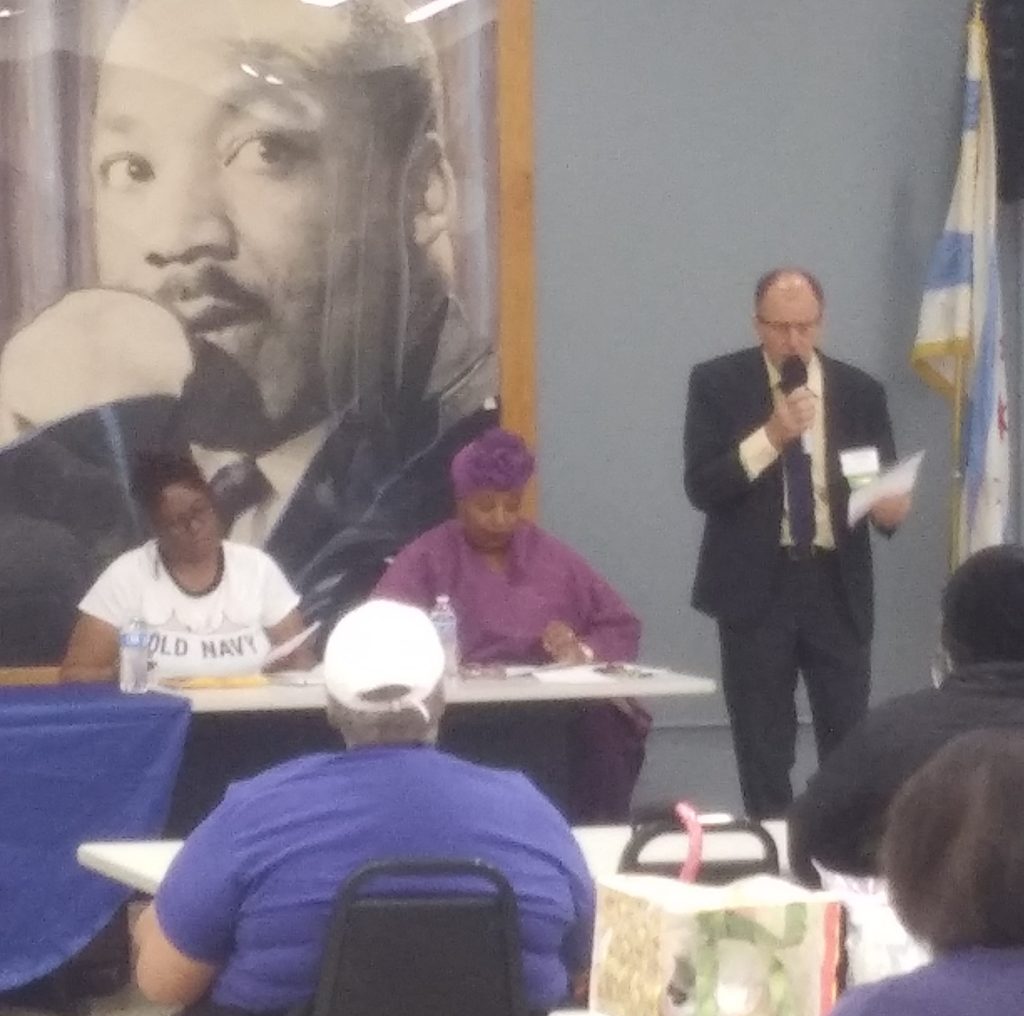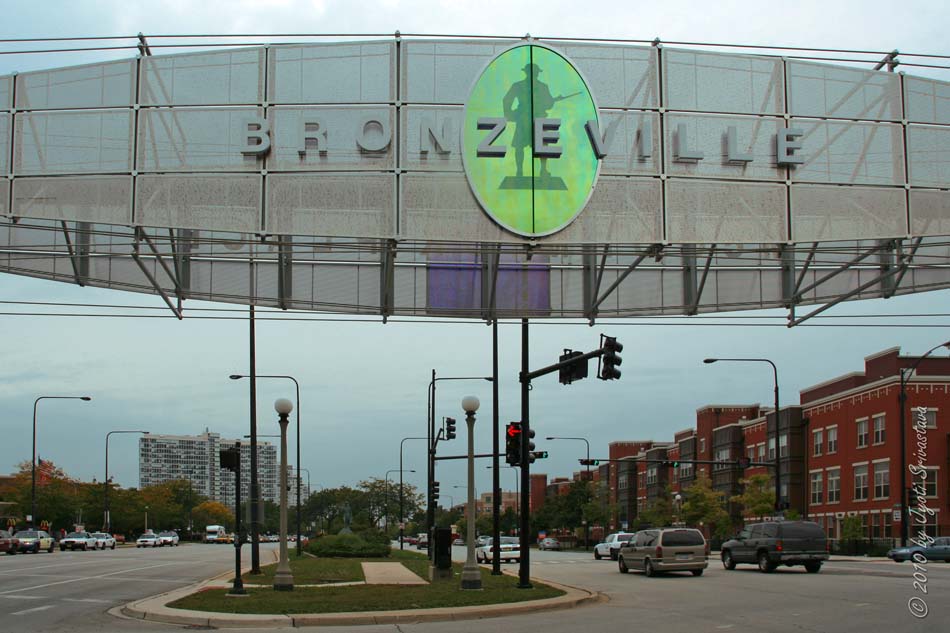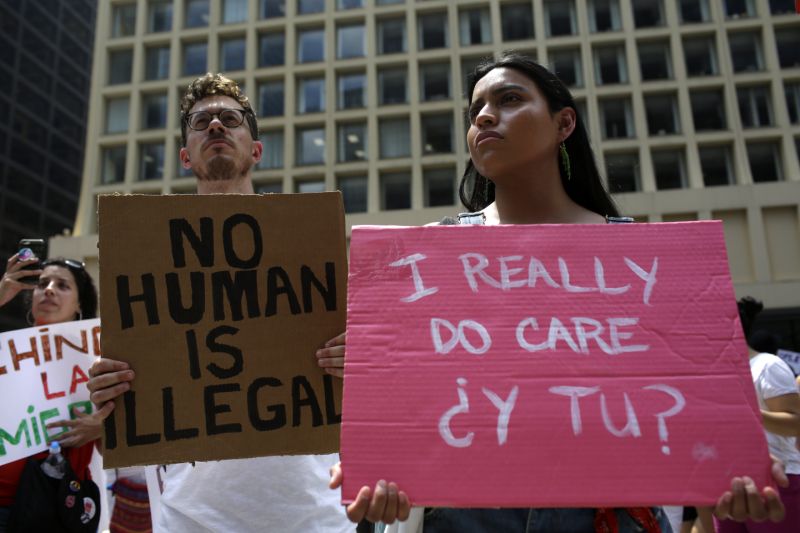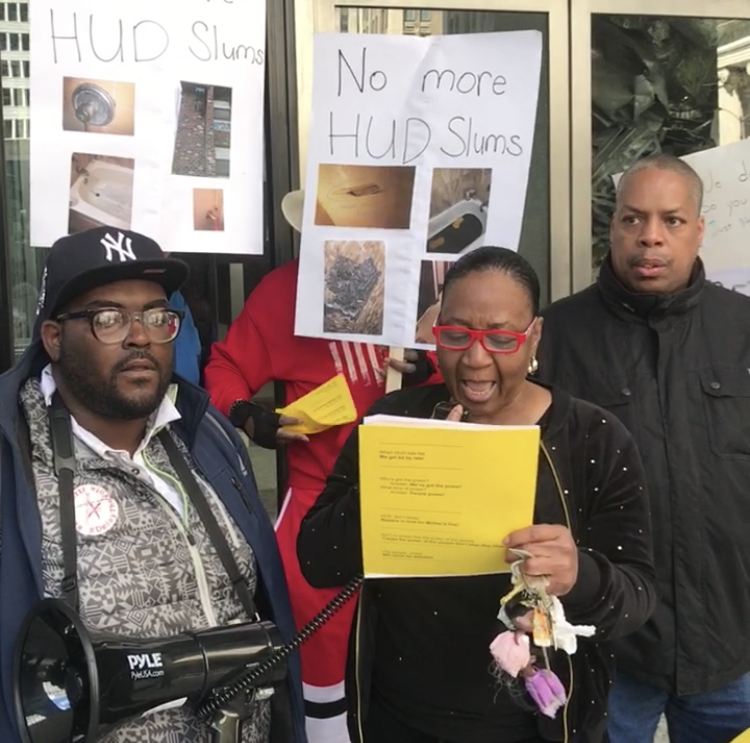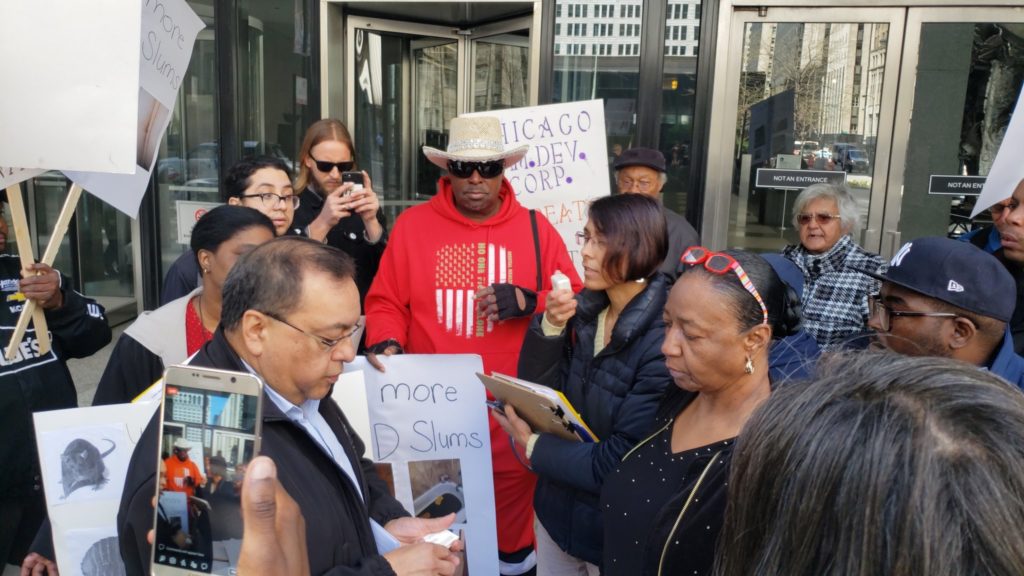Dear Friend,
Thank you for being a part of the Metropolitan Tenants Organization community.
While it was a difficult decision, our team decided to cancel the Annual Spring Affair which was scheduled for Tuesday, April 21st at 6:30pm because we care about your safety and well-being.
Although we won’t be gathering in-person, MTO has #5 ways outlined below to help raise $30,000 for our Tenant Stabilization Programs and Services as we work to prevent homelessness and keep low-income families housed.
We are experiencing high call volume about threats of eviction, illegal lock-outs, unreasonable rent increases, and concerns about the lack of precautions in place to limit the spread of COVID-19. We are dedicated to giving Chicago renters the answers and support needed in real-time to stabilize their housing. If you or someone you know are having issues with their landlord or apartment call our Tenants’ Rights Hotline at 773-292-4988. For swift results get your answers and online tools via our app and web page here at Squared Away Chicago.
We believe that with your help, we can lessen the impact of coronavirus on our mission to educate, empower, and organize low-income renters about their rights. Thank you for your support during this challenging time for our organization and our community as a whole.
Sincerely, Team MTO
#5 Ways You Can Continue to Support MTO
#1. Donate Your Ticket(s) OR make a donation here to MTO’s Tenant Stabilization Programs & Services
While the Annual Spring Affair is cancelled and we explore ways to get together virtually, you can choose to donate the cost of your ticket(s) to benefit housing stability for low-income renters in Chicago. You can choose to donate here and or share the link https://bit.ly/39y69ey with friends and colleagues. If you seek a refund contact Aisha- aisha@tenants-rights.org.
#2. Make your online purchases through Amazon Smiles.
MTO supports human rights. We stand in solidarity with labor movements for access and justice, like Amazon workers in Chicago who organized and won PTO for all workers. Our constituents who are Amazon shoppers can choose to shop https://smile.amazon.com/ and reply “Metropolitan Tenants Organization’ when asked about your supporting organization. 0.05% of proceeds from your purchase goes to MTO.
#3. Stay tuned with Chicago Renters & Housing Advocates via MTO Weekly E-Newsletter
Choose to read and share our weekly e-news alerts with stories about what Chicago renters are dealing with during COVID-19 pandemic, housing resources, and updates on our fundraising, housing justices campaigns, and policies.
#4. Let’s See if Your Employer Will Double Your Donation
Right now, every little bit helps. If you’re able to donate here today, together let’s find out if your company will match your gift.
#5. Join Us on Facebook Live https://www.facebook.com/MTOchicago/We can’t gather in person, but we can still gather! Join us in upcoming fun-raising events and discussions on Facebook Live. Follow us on Facebook so you don’t miss it!



